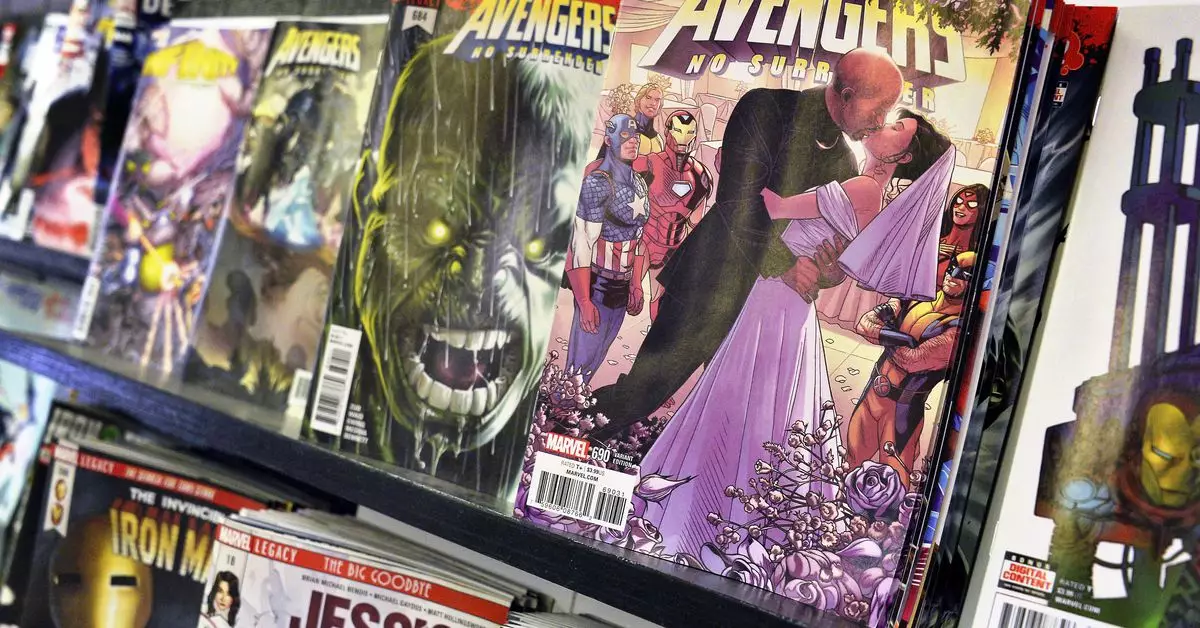For decades, Marvel and DC have dominated the superhero landscape not only in storytelling but also in protecting their intellectual property. The term “superhero” itself has been tightly controlled by these two entertainment giants, giving them extraordinary power in a field ripe with creativity. This tight grip allowed them to stifle potential competitors and claim vast territories within the realm of storytelling and merchandising. However, with the recent intervention of a smaller entity, Superbabies Limited, the dynamics of this ownership are undergoing a significant transformation.
The Challenge That Changed the Game
In a surprising turn of events, the U.S. Patent and Trademark Office (USPTO) has canceled Marvel and DC’s claims to various trademarks related to “superhero.” This groundbreaking shift emerged following a legal challenge by Superbabies Limited—creators of a series of comics focused on superhero babies. The company, led by S.J. Richold, took a stand against the industry’s titans after DC sought to obstruct Richold’s promotional efforts for his own comic series. The failure of Marvel and DC to respond to the challenge before the deadline of July 24, 2024, ultimately led to the cancellation of critical trademarks, shaking the very foundation of what had been an ironclad system of control.
The revocation of these trademarks could pave the way for a burgeoning era of creative freedom in superhero storytelling. For countless aspiring writers and artists, this moment signifies newfound hope, allowing smaller companies and independent creators to explore ideas that had previously been stifled under the weight of the “superhero” label. With the oldest trademark for “SUPER HERO” registered as far back as 1967 now under scrutiny, the potential for innovation and originality in superhero narratives could see a tremendous uplift.
Moreover, while Marvel and DC still jointly hold trademarks for “SUPER HEROES” and “SUPER-VILLAIN,” the legal landscape has irrevocably changed. Their monopoly is challenged, giving birth to a competitive environment in which new players can also stake their claims in the superhero genre.
The Broader Landscape of Intellectual Property
This development reflects broader trends in the world of intellectual property, where smaller companies can disrupt the status quo. Not only does it encourage creativity, but it might also compel established companies like Marvel and DC to rethink their strategies for safeguarding their franchises. Instead of aggressively pursuing legal battles, fostering an inclusive environment for innovation might be the more sustainable approach moving forward.
As the dust settles from this monumental legal challenge, a clarion call rings out for creators, illustrators, and storytellers everywhere. With the doors now ajar for greater freedom in creating original superhero narratives, the landscape is ripe for exploration. The canceled trademarks serve as a testament to what can be achieved when creativity meets resilience. It’s an open invitation to challenge the norms and offer fresh perspectives in a genre that has long been dominated by two large players. As the comic industry shifts, the future promises to be vibrant and diverse, and perhaps, a truly collective space for superheroes of all shapes and sizes.

